
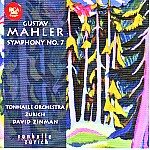
Interestingly, this performance is the exact opposite of the recent Mariss Jansons recording. Where that one was micro-managed and italicized, this one is insufficiently contrasted.
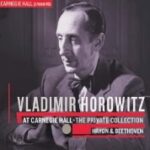
Here is the third and final volume in RCA’s recent series devoted to Vladimir Horowitz’s Carnegie Hall recitals from the 1940s and ’50s that the
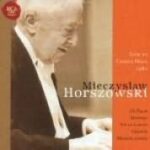
This double-CD set from RCA Japan (courtesy of Arkivmusic.com’s on-demand reprint program) preserves what presumably is the best of Mieczyslaw Horszowski’s December 9 and 11,
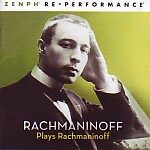
Zenph Studios applies its “re-performance” technology to a selection of Sergei Rachmaninov’s flat discs for RCA Victor, recorded between 1921 and 1942. I described the
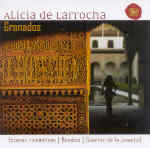
If Goyescas represents the public, theatrical side of Granados’ temperament, the six Escenas Románticas are relatively personal and inward. Though less well-known, the Bocetos and

The second of three releases culled from Vladimir Horowitz’s mid-1940s/early-1950s Carnegie Hall recitals offers alternative views of two works long familiar from his commercial discography,
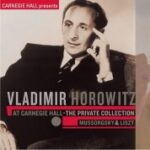
From the mid 1940s through the early 1950s Vladimir Horowitz arranged to have his Carnegie Hall recitals recorded in order for him to study and
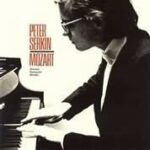
The young Peter Serkin’s late-1960s RCA solo Mozart album sounds as fresh and individually compelling as it did four decades ago when I first acquired
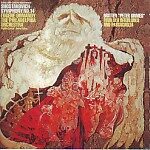
Okay, you’re not going to find the insane intensity of Rostropovich/Vishnevskaya/Reshetin in Ormandy’s Fourteenth symphony, but as you might expect, this Western premiere recording is
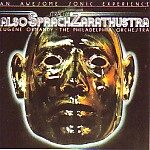
Eugene Ormandy recorded Zarathustra a whole bunch of times for at least three labels: CBS, RCA, and EMI (the last time an early digital recording).
![]()
